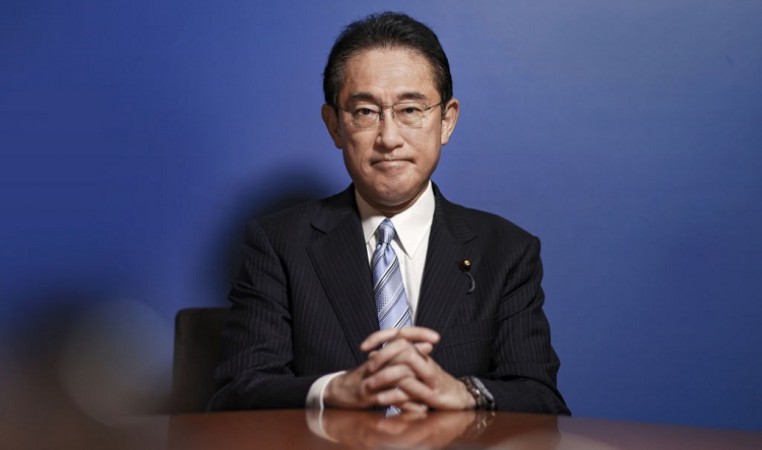
Japan governemnt has planned a USD103 billion emergency relief package to cushion the economic impact of rising raw material costs, and Prime Minister Fumio Kishida indicated on Tuesday that the country will take more steps later this year to encourage long-term changes.
Kishida is under pressure to increase fiscal expenditure ahead of an upper house election in July, putting Japan out of step with many Western countries that are gradually weaning themselves off of crisis-mode stimulus measures. The USD132 billion rescue package, which will be funded primarily from reserves set aside in the current fiscal year's budget, will include measures to cope with the immediate impact of rising prices, such as gasoline wholesaler subsidies and cash distributions to low-income families with children.
Direct government spending will account for 6.2 trillion yen of the total. Non-direct spending methods, such as private-sector financing, make up the rest. Kishida said, the government would prepare an extra budget and enact it during the current legislative session to refill reserves and secure funding to deal with any reappearance of COVID-19 infections or extended increases in fuel prices.
"We must prevent rising gasoline and raw material costs from delaying the pandemic's economic and social recovery," Kishida said at a press conference. Aside from the comfort package, Kishida stated that the administration will lay forth a "complete" package of measures following the upper house election to spearhead transformation in Japan's society.
Kishida said the package would contain actions to assist Japan become a carbon-neutral society as well as measures to advance the administration's wealth-redistribution-focused economic policy. "Looking at the medium-to long-term horizon, we need to act preemptively," he said.
IMF calls for Sri Lanka to tighten monetary policy
FM Meets World bank Prez: Underlines the need to rescue countries facing debt stress
Int’l Monetary Fund applauds Sri Lanka's efforts to stabilise its economy